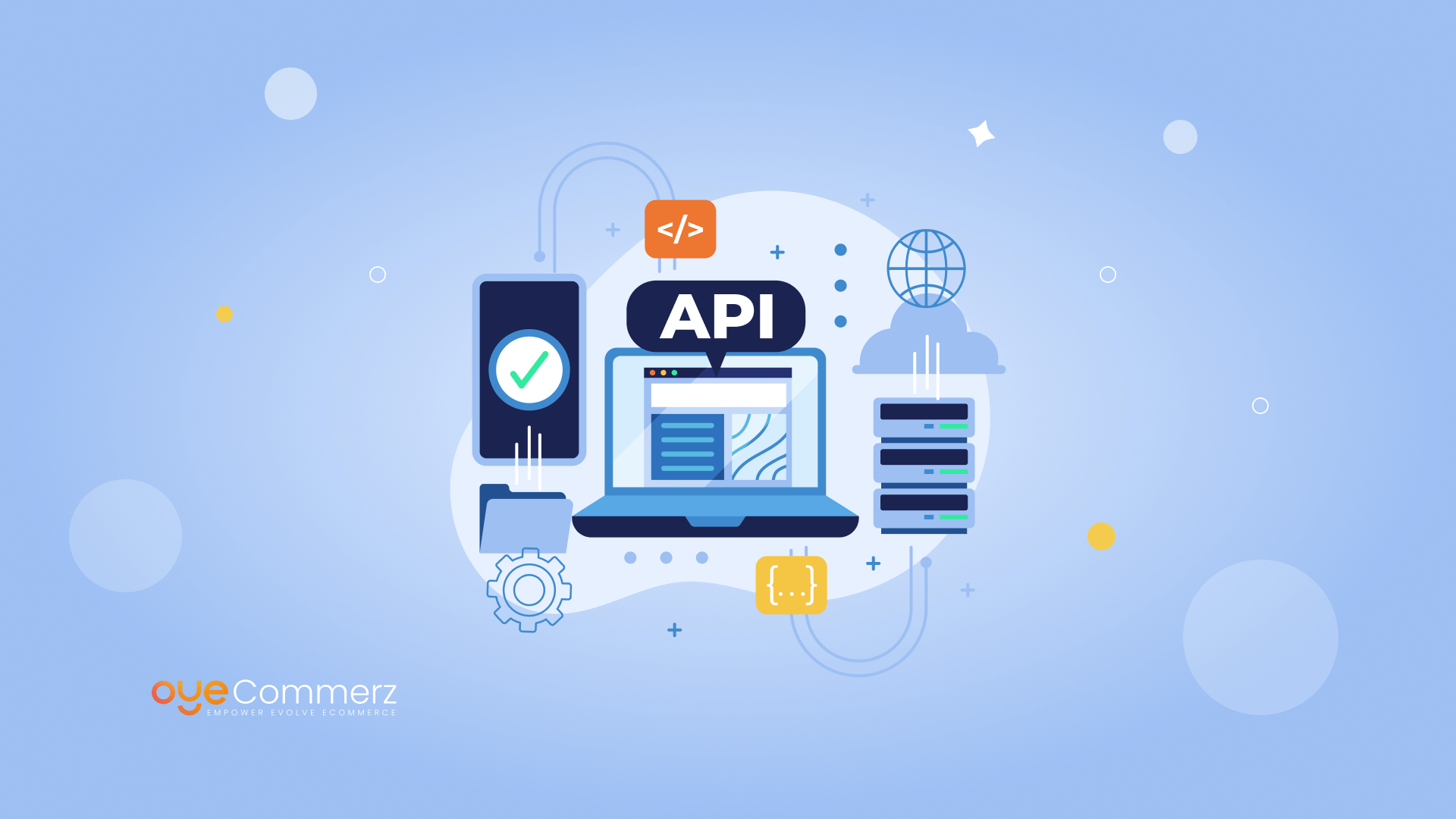Introduction
In today’s cutthroat e-commerce landscape, standing out is essential, and a top method to differentiate a Shopify store is through tailored app creation. A robust Shopify app can enhance store functionality, streamline operations, and elevate customer interaction. This guide explores essential elements of Shopify app development, from API integration to growth techniques and promotion methods, providing a roadmap for companies seeking unmatched store performance.
Why Shopify API Integration Matters
Shopify’s API provides powerful tools to personalize and expand store functionalities. With GraphQL and REST APIs, developers can access data to build applications that handle inventory management, order processing, and customer data management seamlessly. Integrating Shopify’s API can lead to better workflow automation and allows stores to assist shoppers more efficiently.
Utilizing the Polaris Design System
Polaris is Shopify's set of design guidelines for designing user-friendly and accessible Shopify apps. By following Polaris guidelines, developers guarantee that apps integrate smoothly within the Shopify Admin interface. This ensures a cohesive appearance that resonates with Shopify merchants, promoting usability and comfort for merchants utilizing your tailored app.
Understanding the Shopify App Ecosystem
The Shopify app ecosystem offers endless possibilities for enhancing online stores. From managing fulfillment processes to increasing customer interaction, apps in this environment are designed to meet various business needs. Learning about this ecosystem assists developers in finding unique app opportunities and enables seamless integration of external tools that enhance the store.
Developing Embedded Shopify Apps
Embedded apps work seamlessly within the Shopify Admin, providing a smooth interface for merchants. They ensure that merchants do not need to navigate away from their Shopify control panel, simplifying their process. Using Shopify App Bridge and embedded app features is a best practice for providing a unified, integrated user environment.
Using Node.js and React for Shopify Apps
The technologies Node.js and React have emerged as ideal tools for Shopify app development. This server-side framework enables high-performance server-side applications, while React enables interactive and adaptive front-end user interfaces. Together, they offer an excellent framework for building fast, scalable Shopify apps that improve store performance and customer engagement.
Utilizing Webhooks in Shopify Development
Webhooks allow real-time data updates between Shopify and an outside application. They initiate events such as order creation or inventory updates and provide Improve your Shopify store immediate alerts to your app. By implementing webhooks, apps can provide up-to-date insights for store owners, streamlining workflows and boosting productivity.
Customer Engagement and Digital Marketing for Shopify Apps
To make a Shopify app successful, connecting with users is crucial. Utilizing digital marketing strategies like SEO, email marketing, and social media campaigns can increase app usage. Additionally, designing apps with customer engagement in mind (e.g., loyalty programs or personalized recommendations) boosts user retention and loyalty.
Making Your Shopify App Scalable
As e-commerce stores expand, so do their technology requirements. Making sure that your app can scale to handle increased traffic, larger data sets, and more complex functionalities is critical. By optimizing server resources and implementing scalable technologies, you can develop apps that expand in tandem with a store’s growth.
Essential Features and Maintenance for Shopify Apps
For an app to be useful, it should include key capabilities like user authentication, analytics dashboard, and customer support options. Regular app upkeep, with updates to fix bugs and ensuring compatibility with new Shopify features, is vital to maintain continuous operation and avoid interruptions to merchant workflows.
Conclusion
Custom Shopify app development holds vast potential for e-commerce businesses, offering the ability to improve store functionality, streamline processes, and build customer relationships. With API integrations and Shopify data synchronization with webhooks Node.js to focusing on scalability and customer interaction, creating a Shopify app involves thoughtful preparation and well-planned actions. If you’re prepared to elevate your e-commerce experience, a custom Shopify app may be the perfect solution. What features do you see for your ideal app? Share your thoughts and take the first step toward an enhanced e-commerce experience!

 Alfonso Ribeiro Then & Now!
Alfonso Ribeiro Then & Now! Devin Ratray Then & Now!
Devin Ratray Then & Now! Keshia Knight Pulliam Then & Now!
Keshia Knight Pulliam Then & Now! Rossy de Palma Then & Now!
Rossy de Palma Then & Now! Ricky Schroder Then & Now!
Ricky Schroder Then & Now!